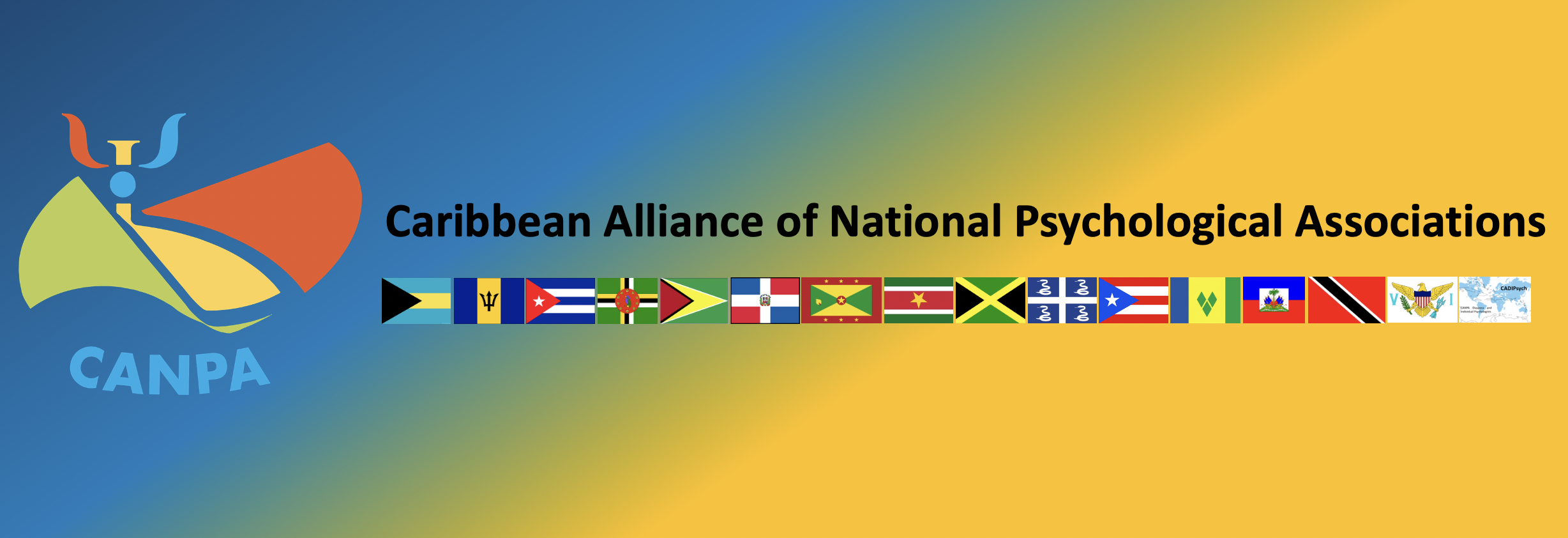[vc_row][vc_column][vc_single_image image=”2228″ img_size=”large”][/vc_column][/vc_row][vc_row][vc_column][vc_column_text]
Disaster Mental Health Workshop:
Building Communities of Care in the Caribbean: Competencies in Disaster Mental Health Management
Tuesday, November 16 – 8:00 AM – 4:00 PM AST
[/vc_column_text][vc_column_text][/vc_column_text][/vc_column][/vc_row][vc_row][vc_column][vc_column_text]
Chair: Dr. Peter Weller
[/vc_column_text][vc_column_text]
Description
Caribbean psychologists have considerable professional / technical experience in responding to the psychological needs of our people. We are also called on to apply these skills in response to natural and man-made disasters and to address the sequelae experienced at the individual, family, community and societal levels. As psychologists, we utilize various models to provide a range of Mental Health and Psychosocial Services (MHPSS), in response to the crises and disasters in our countries of origin and across the region. The vulnerabilities of the Caribbean-island states/territories compound the impact of these disasters and, given the small population of mental health experts, highlight the necessity of establishing communities of care in each jurisdiction as well as within- and across the various sub-regions.
This workshop is designed to provide both experienced and novice psychologists with guidance on establishing, organizing and facilitating effective and sustainable MHPSS communities of care. The workshop will utilize as a foundation the Inter-Agency Standing Committee (IASC) Guidelines for MHPSS in Emergency Settings, which is used by regional Ministries of Health as well as national, regional and international non-governmental organizations that operate in the Caribbean during emergencies.
- Emphasis is placed on the identification of the requisite conceptual frames and resources.
- Key components of Disaster MHPSS Programming e. g., the pyramid, project cycle, collaboration, as well as core coordination competencies for effective disaster mental health management within and across sectors to provide comprehensive, sustainable MHPSS services are addressed.
- Case examples from the Caribbean will highlight the small space dynamics that affect the capacity to use the guidelines to develop communities of care integrating interest, purpose and practice, and the adaptations that are required.
- Work group discussions will focus attention on conceptualizing the development of local DMHPSS systems of care, critical action points and practical issues for consideration.
Learning Objectives
- Describe the key components of the IASC Guidelines for MHPSS in Emergency Settings
- Explain the critical importance of the project cycle, coordination and collaboration in the IASC MHPSS paradigm
- Outline critical competencies for effective disaster mental health management
- Identify barriers and potential solutions to creating communities of MHPSS care in Caribbean spaces
- Describe ways in which various therapeutic/intervention approaches can be integrated into the model utilizing a “Whole Psychology” approach
- Note key features of Caribbean-based case studies
- Identify MHPSS strategic priorities for the local and national contexts
[/vc_column_text][/vc_column][/vc_row]
